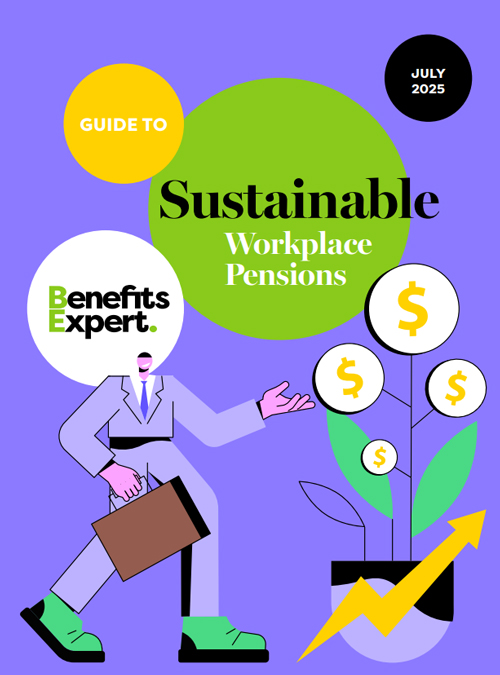Next staff equal pay win signals the start of a movement within the private sector, says Stephen Simpson, principal HR strategy and practice editor at Brightmine.
Last week’s tribunal ruling heralded a new era for equal pay claims as female shop workers won their claim against retailer Next.
While this decision doesn’t set a legal precedent, it is significant. Most equal pay cases in the UK happen in the public sector, but in this case, a large group of female workers in the private sector successfully made their claim.
The ruling highlights the start of a movement within the private sector. Employers in this sector are on shaky ground if they pay women less than men for similar work, especially if they justify it by saying it’s due to “market forces”.
The Next case
The Equality Act 2010 gives women and men the right to claim equal pay with each other where they are doing equal work under their contract of employment. Equal work is:
- Like work
- Work rated as equivalent, or
- Work of equal value.
To claim equal pay, a person usually needs to show that someone of the opposite sex at the same company is doing the same work but is paid more or has better contractual benefits. If they can prove this, they are entitled to the same contractual pay and benefits unless the employer can give a fair reason for the pay difference that isn’t discriminatory.
In the case of Next, the tribunal agreed that there was no intentional or unintentional gender bias in Next’s pay strategy, which was aimed at cutting costs and increasing profits.
However, the tribunal decided that Next’s business needs did not justify paying women less for doing equivalent work and concluded that allowing employers to justify unequal pay based on “market forces” would defeat the purpose of equal pay laws, as it would allow unfair practices to continue.
In the end, the decision was based on the facts, especially the evidence showing that Next remained very profitable despite the challenges of the pandemic and the decline of high street shopping.
Why pay equity matters
For many years, some employees have been paid less than their co-workers due to discrimination. This unfair treatment doesn’t just affect their salaries – it also makes it harder for them to borrow money, save, and improve their financial situation. Fixing these past wrongs is a matter of fairness and is required by law, while also helping companies avoid legal problems.
Beyond legal reasons, fair pay creates a better workplace. When employees feel that they are compensated fairly, they are more motivated, engaged, and likely to contribute positively to the organisation’s morale and overall environment. Companies that pay their employees fairly, also lend themselves to better staff retention, saving money on hiring and training new employees. Pay equity is not just a moral and legal imperative, but also a sound business strategy.
What this means for your business
Equal pay claims are likely to continue to make the headlines in the retail sector for the foreseeable future. There are similar long-running equal pay cases pending against other large retailers such as Tesco, Sainsbury’s, Asda and Morrisons.
While retail is currently the key battleground, the success of the Next claimants may encourage employees in other sectors to consider equal pay claims. Education, finance and insurance, and construction have some of the worst imbalances, according to gender pay gap reporting figures, so it is vital businesses get their pay equity in order.
Getting on top of pay equity
Employers can mitigate the risk of litigation by reviewing their approach to salary benchmarking and conducting an equal pay audit.
However, the best defence against an equal value claim is to carry out a job evaluation scheme. This will assess the content of jobs across the workforce by reference to their core components including skill, effort and responsibility. The scheme allows employers to identify roles of equal value to ensure that individuals across those different roles are paid equally.
Businesses can also save time and resources with intelligent insights that help understand the pay gaps in play and communicate where they are to mitigate risk. Identifying the root causes of pay disparities with forecasting and predictive modelling can prevent pay and representation gaps across the employee lifecycle.
Uncovering insights in pay data can also help you to create more inclusive policies that attract and retain talent.
Pay equity has long been a challenge for businesses. However, the Next case could serve as a catalyst for other companies to address their own pay equity issues. Now is the time to acknowledge and resolve any pay gaps within your organisation and work towards achieving true equity for your business and employees.













